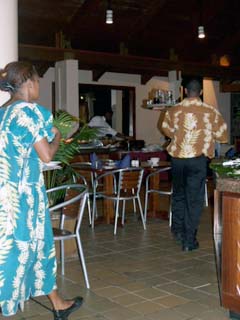 Want to organise and manage Events?
Want to organise and manage Events?
- Exhibitions or Shows?
- Concerts
- Weddings, Parties,Celebrations
- Festivals, Conferences, Seminars
This is a very solid qualification providing skills, knowledge and experiences within the field of event management and related disciplines. It is designed to prepare you for a professional career in this field, and to develop a capacity to manage a wide range of different events, small or large.